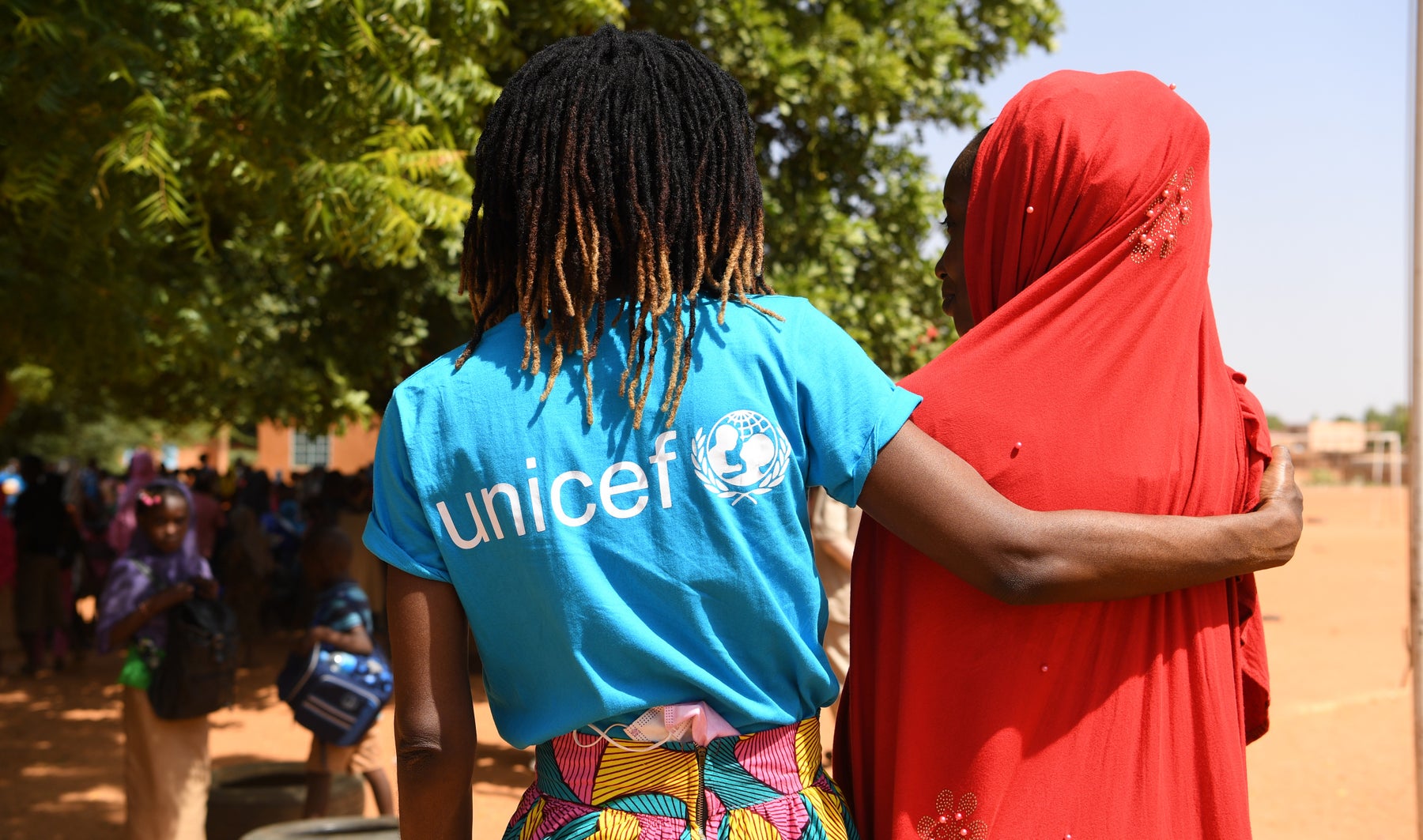UNICEF was established in the aftermath of World War II to help children in crisis.
More than 75 years later, UNICEF is the world’s largest children’s charity working to protect vulnerable children, globally and here in Australia.
Every day our teams are on the ground in more than 190 countries working with local partners to deliver life-saving help and create lasting change. Run entirely on voluntary donations, we work to improve the lives of every child, no matter who they are or where they live.
UNICEF is there for children everywhere standing up for their rights, fighting for their futures and creating change in their communities. But what if we didn’t exist?
1. There would be regular outbreaks of deadly diseases
No child should die of a preventable disease. Each year we reach almost half of the world’s children with life-saving vaccines in more than 100 countries. Across rivers and through jungles, our teams stop at nothing to ensure even the hardest-to-reach children are protected.
These vaccinations avert disastrous outbreaks and countless child deaths every year. Thanks to vaccines, the number of children affected by polio has fallen 99 per cent since 1988.
However, these incredible millstones in childhood vaccination are at risk due to the COVID-19 pandemic. In 2020, 23 million children missed basic vaccines due to lack of access and disruptions in immunisation services.
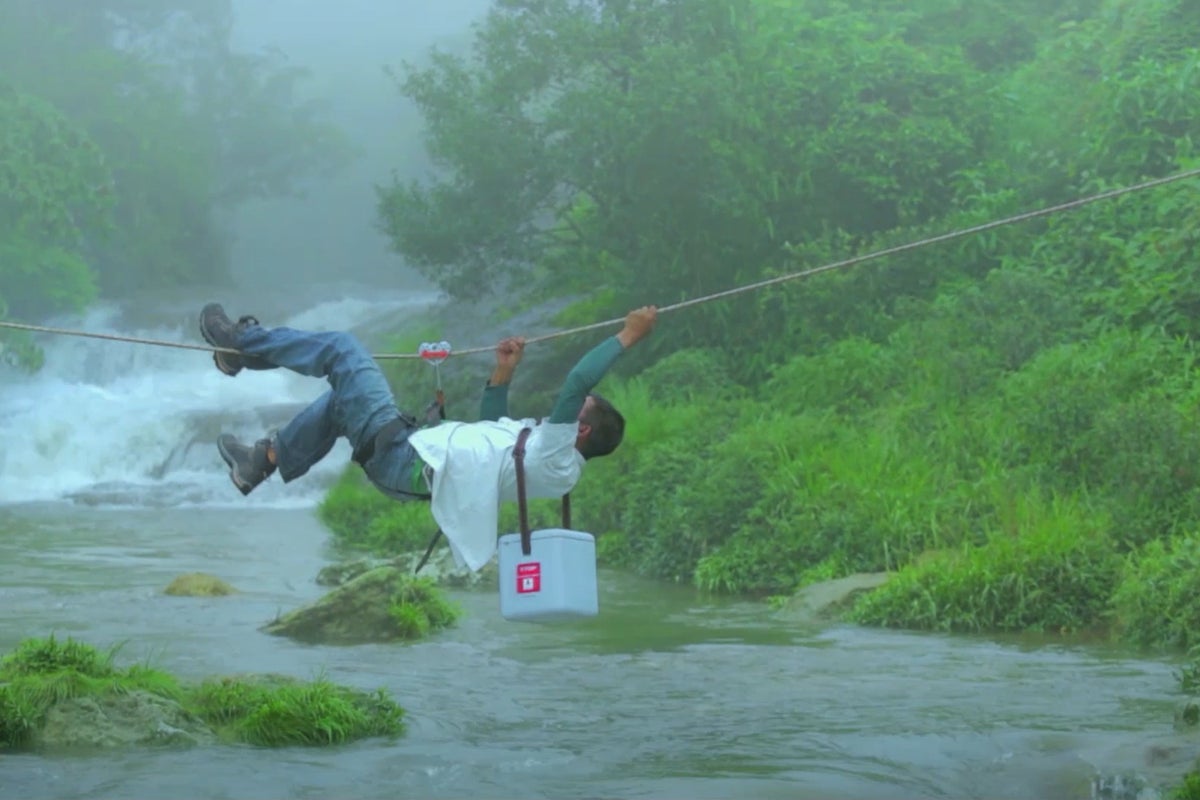
UNICEF’s huge buying power makes vaccines cheaper so we can reach more children in more places. As part of GAVI, the Vaccine Alliance, we helped reduce the price of the pentavalent vaccine – which protects children against five deadly diseases – by half.
These incredible savings make vaccines affordable for lower-income countries and make every dollar donated to UNICEF go even further. Working with local communities, we reach children in remote villages, behind battle lines and in places devastated by natural disaster.
It is only possible through a huge, global network of health workers and volunteers championing vaccines in their own villages and cities. Without training and supplies these local heroes could not protect children in their own communities from disease.
UNICEF’s work goes beyond childhood vaccination. In 2021, we joined the largest vaccination drive in history to ensure equal access to COVID-19 vaccines.
As the largest single vaccine buyer in the world, UNICEF has the expertise to lead the procurement and delivery of millions of doses as part of COVAX.
The pandemic isn’t over until it’s over for everyone. Learn more about how you can play your part here.
Vaccinate Children. Save Lives.
Help protect children against preventable diseases with lifesaving vaccines.
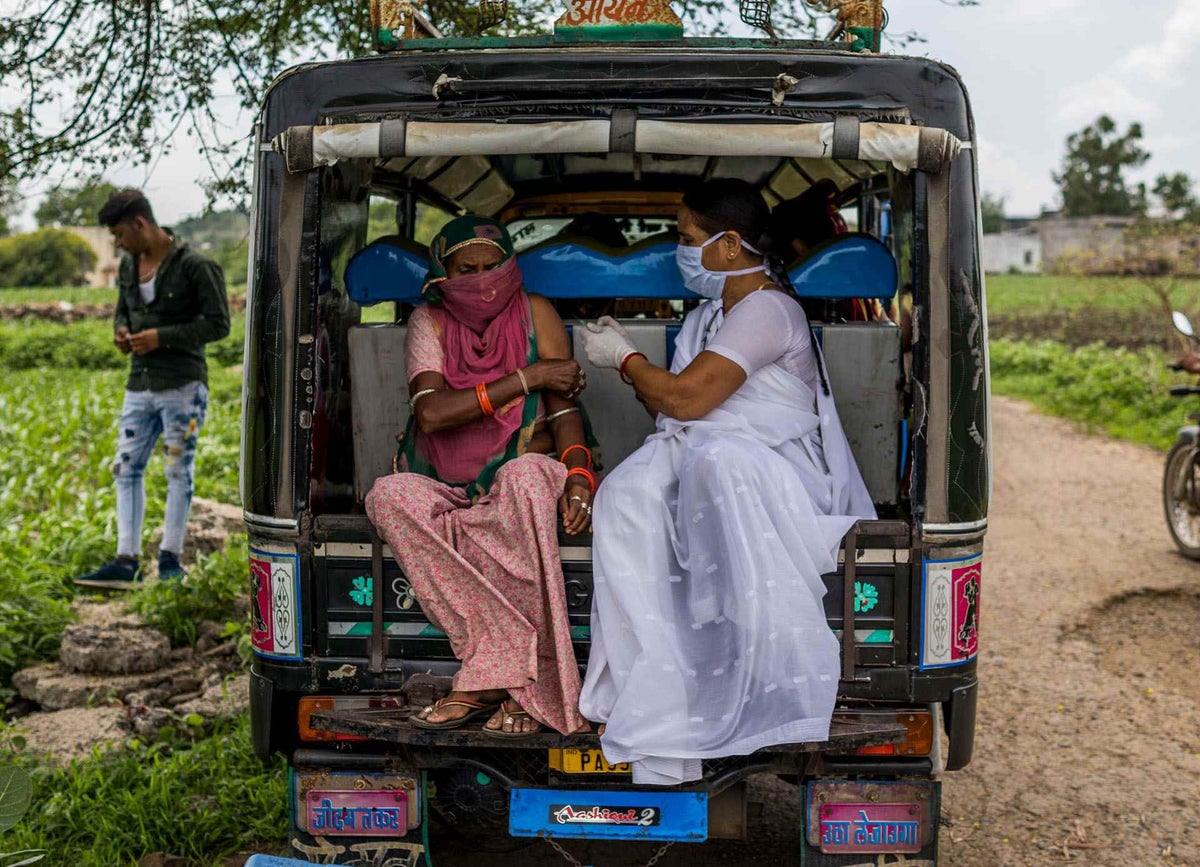
2. War-torn countries like Afghanistan might never be rebuilt
Children who survive war have a huge task ahead of them as adults: to rebuild their communities and countries from rubble.
But if a generation of children grow up without a safe place to learn and play, they’ll never become the teachers, doctors and engineers who will rebuild a peaceful community.
UNICEF makes sure more of the world’s children learn than any other organisation. And children in crisis deserve the right to education just as much as a child anywhere.
In 2021, UNICEF reached more than 110 million children with access to education, including early learning.
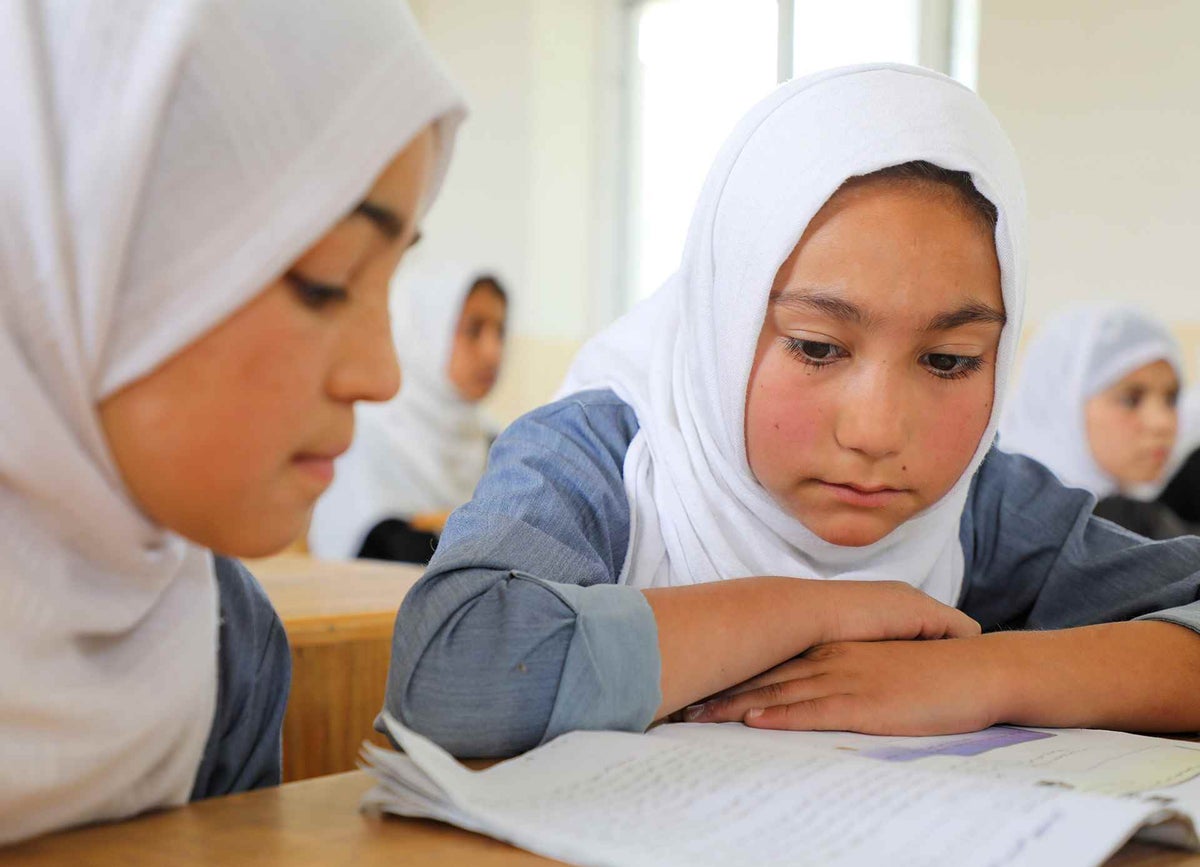
Children growing up in Afghanistan haven’t given up on learning. Schools in Afghanistan have re-opened after closing for months due to COVID-19 with both girls and boys returning to primary school.
Secondary schools have also reopened however, UNICEF is concerned that many girls may not be allowed back into the classroom. Even before the most recent humanitarian crisis, 4.2 million children were not enrolled in school. Around 60 per cent of them are girls.
UNICEF teams are currently reaching more than 142,000 children across the country with access to education. Gains in education must be preserved, and all girls and children in Afghanistan have the right to receive a quality education.
Girls cannot, and must not, be left behind.
3. Families hit by cyclones and earthquakes would be on their own
UNICEF is on the ground before, during and after humanitarian emergencies. Our teams can ship life-saving supplies almost anywhere within 48 hours, thanks to our global supply chain.
Every stage of a disaster brings new, deadly threats for children. In April 2020, Tropical Cyclone Harold caused widespread destruction after making landfall as a category 5 storm in the Pacific Island nation of Vanuatu. It then struck the Solomon Islands, Fiji and Tonga.
Thousands of children were in urgent need in the aftermath of the cyclone, which destroyed homes, schools, medical facilities, as well as causing damage to food crops and water supplies.
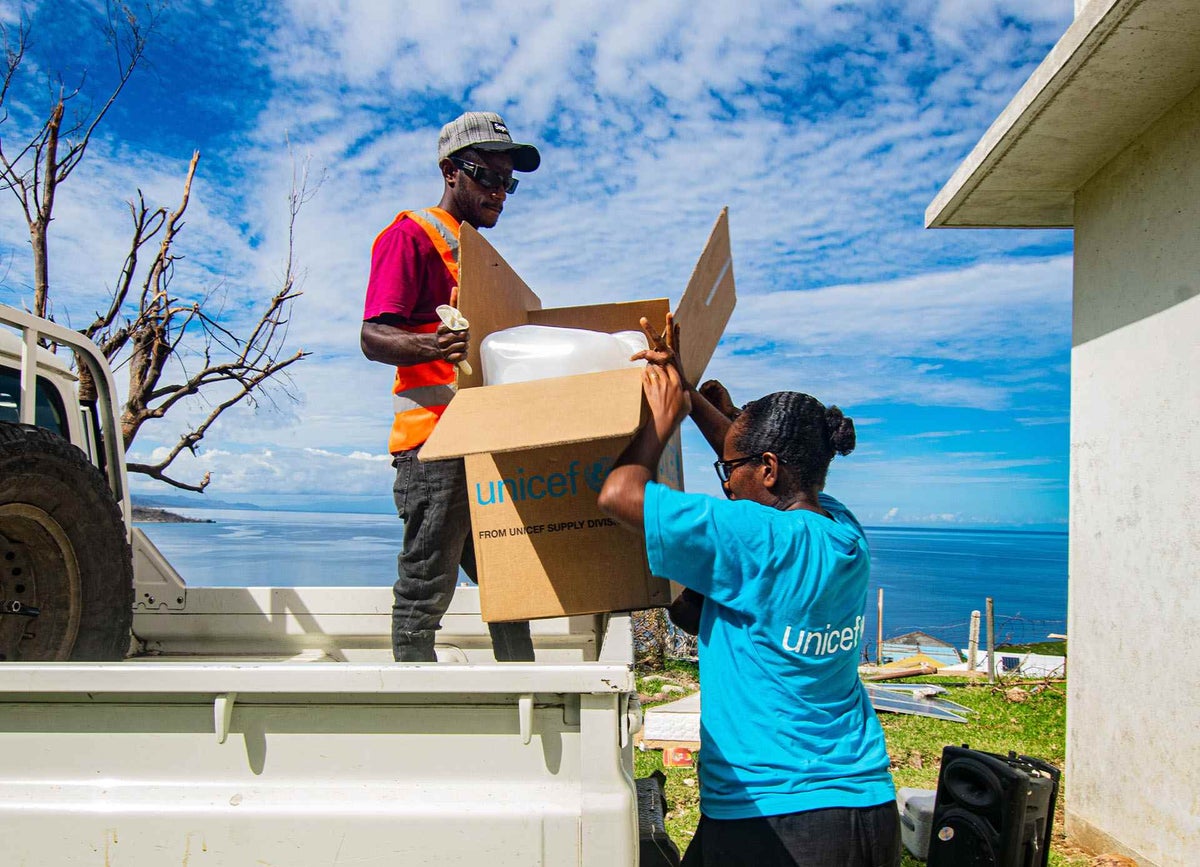
UNICEF responded immediately by providing access to clean drinking water, soap, water containers, health supplies and emergency shelter.
Long after the cyclone faded from global headlines, UNICEF continues working for children across the Pacific. We supported communities by providing school-in-boxes and learning materials to help children regain a sense of normalcy as soon as possible after the disaster.
4. Millions of children could die from malnutrition
UNICEF is the largest buyer of therapeutic food, procuring an incredible 80 per cent of the world’s emergency supplies. If UNICEF didn’t exist, the 4 million children we helped recover from the deadliest form of malnutrition may not have made it.
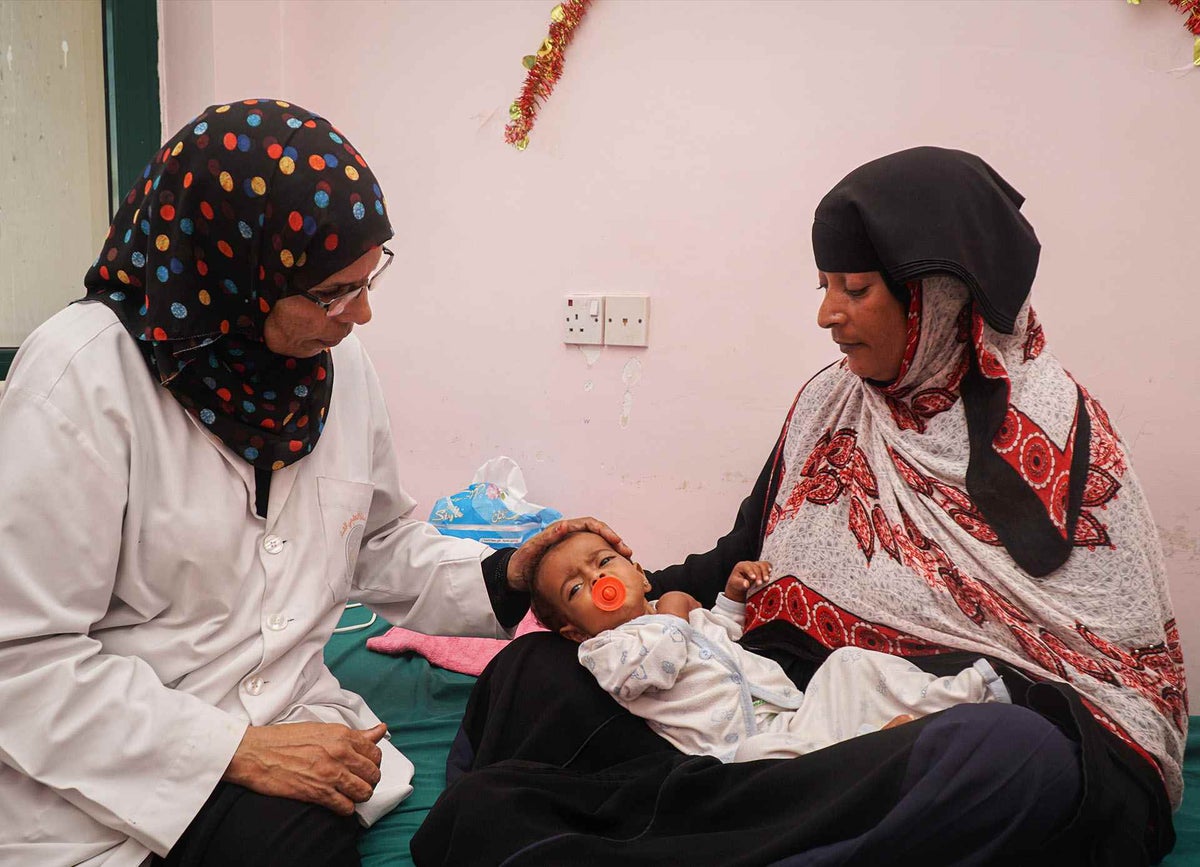
Rahma is one of those survivors. The 14-month-old was starving when she arrived a hospital in Yemen. This is the second time she has been hospitalised for severe acute malnutrition.
“When I am here, I feel differently,” Rahma’s mother Noor says. “She is on a ventilator, the milk is given to her on time, and they take care of her here.
"Outside this place... there is no medical care.”
In 2021, UNICEF supported more than 2.4 children around the world with treatment for severe acute malnutrition. No matter how remote or difficult to reach, are teams work to reach every child in need.
5. Children forced to fight could never return to their normal lives
In countries torn apart by conflict, UNICEF specialists have an unimaginably difficult job: negotiating with armed forces to set children free.
Without them, the 12,000 children released from armed forces in 2020 may still be trapped in violent groups today.
But our work doesn’t end there. Once children are released, UNICEF provides psychosocial support, and helps trace and reunite them with their families.
Restarting lives in the community takes years and UNICEF is in it for the long run. At the heart of these children’s reintegration is their return to school. We’ll support them through the process so education and their classmates can be sources of strength as they move forward with their lives.
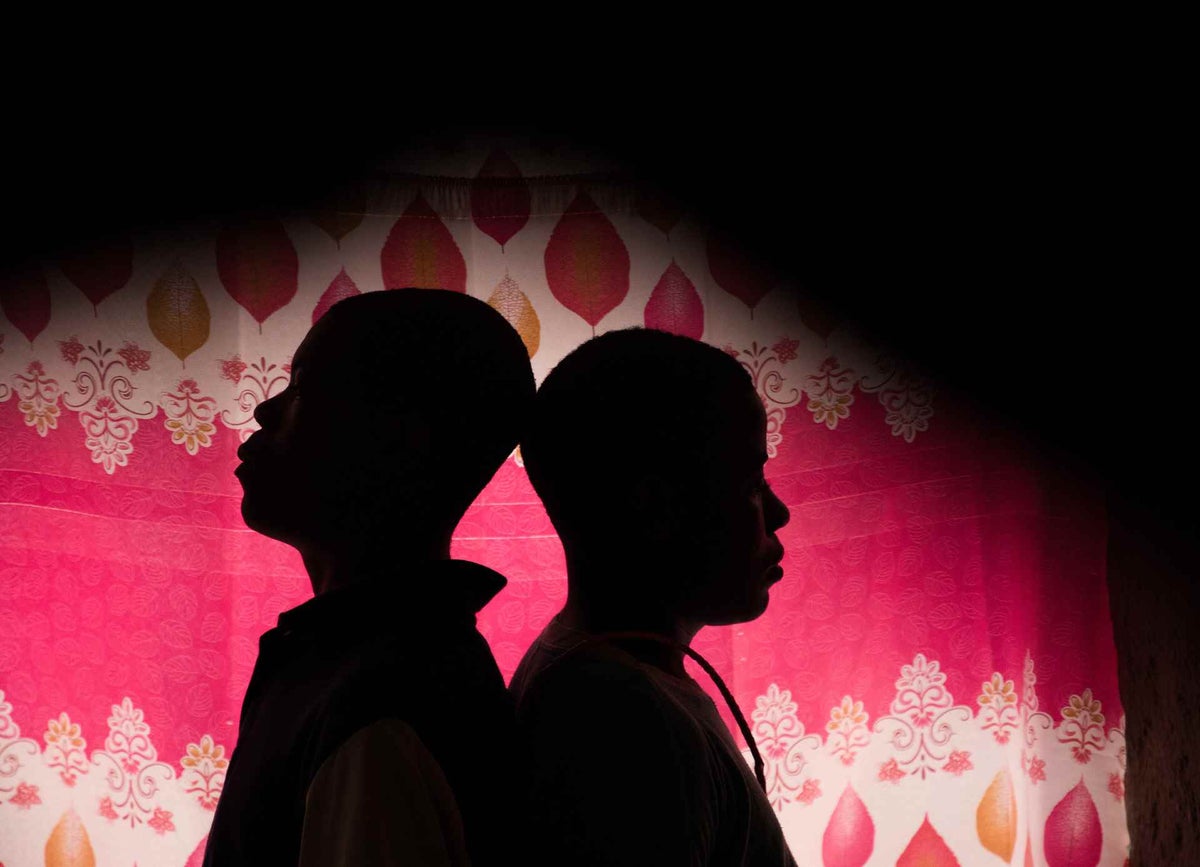
6. Thousands of children would never see their parents again
War and disaster separate thousands of children from their families every year. UNICEF uses innovative mobile networks and painstaking research to trace families of children found alone in conflict zones, refugee camps and natural disasters.
This challenging work pays off. Without it, 137,000 children might not have been reunited with their families and caregivers last year, or left alone dangerous environments.
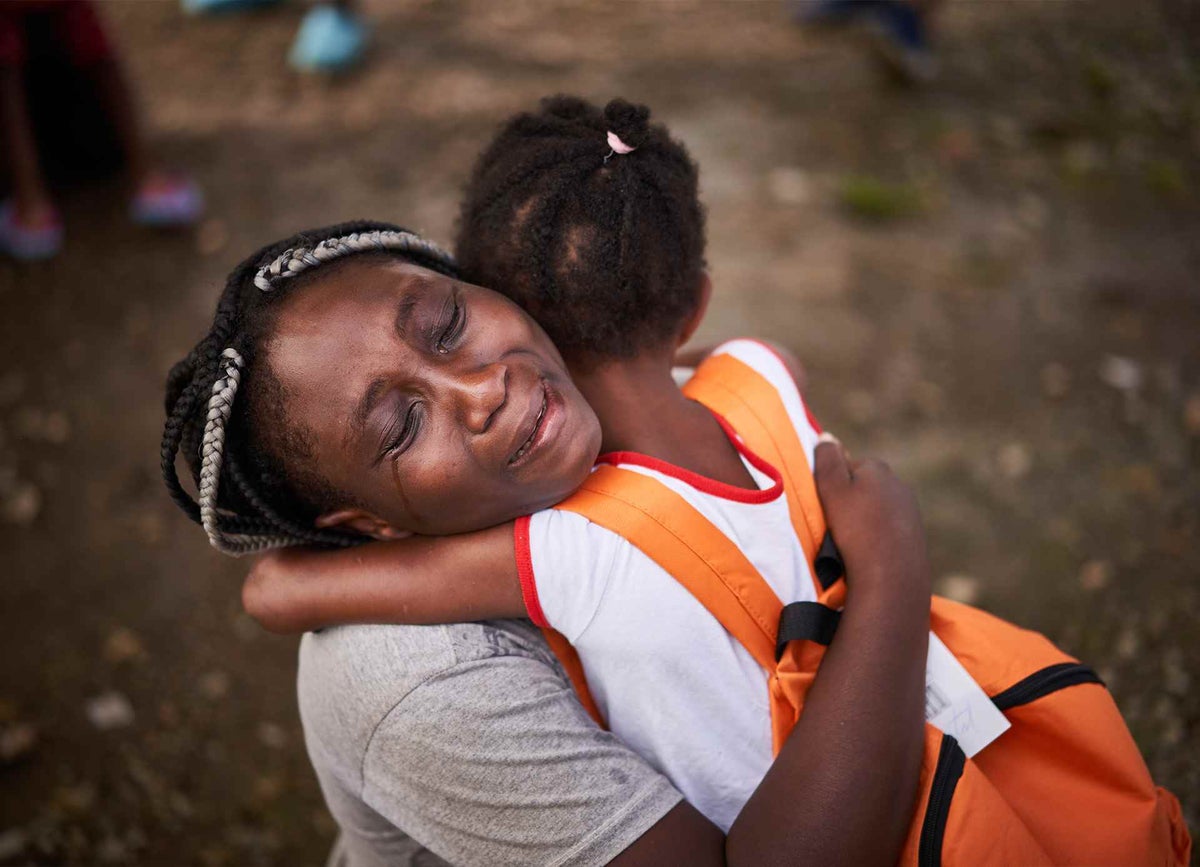
7. We’d lose one of the biggest sources of information about children
Here’s something UNICEF has learned through experience: problems that go unmeasured often go unsolved. If governments know which children are out of school and who is hungry, then they can act. And unless they collect data year after year – they won’t know their impact.
UNICEF is a leading source of data about children around the world. We harness advancements in technology and our huge networks to find and target the most vulnerable children:
- UNICEF'’s digital platform U-Report engages young people on issues that are important to them through the internet and SMS.
- Solar-powered fridges are keeping vaccines safe and cold for up to three days in even the most remote locations.
- Specialised oxygen equipment is helping children with pneumonia to survive. In low-income countries like Senegal, this equipment is life-saving.
8. The world’s children would lose their greatest advocate
Children’s rights aren’t an abstract concept. They’re enshrined in the most rapidly and widely ratified human rights treaty in history: the UN Convention on the Rights of the Child. The treaty sets out every child’s right to survive, develop and reach their potential – no matter who they are or where they live.
UNICEF is the only organisation specifically named in the Convention on the Rights of the Child as a source of expert assistance and advice. That means that in every newspaper and in every parliament, UNICEF has a special role: championing the interests, opinions and rights of children. We help governments strengthen laws and policies for children and hold them accountable when they’re leaving children behind.
What is UNICEF?
Since 1946, UNICEF has worked to protect and be a champion for every child. In 1966, UNICEF Australia was born. We are 100 per cent donor funded and receive no funding from the United Nations.
Our work for children has never been more relevant, nor more urgent. Conflict, famine, disaster, and COVID-19 threaten children’s lives and futures every day. We work to protect children around the world and here in Australia, no matter what.
Our teams and resources are pushed to the limit but you can help us go further, faster and reach more children in danger. Please donate today and deliver the little, powerful things that save lives and shape futures: clean water, vaccinations and school bags.
Become a Regular Donor
By signing up with a monthly gift, you’ll join our Global Parents to continue protecting children from exploitation, hunger, disease and inequality wherever the need is greatest.
Related articles
Stay up-to-date on UNICEF's work in Australia and around the world



